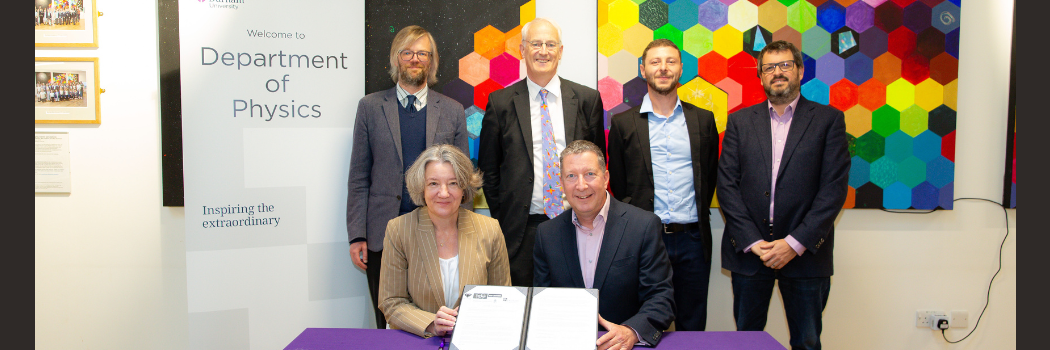
We have become part of an incredible space project called BlackGEM.
This partnership grants us access to advanced telescope array in Chile, boosting research and educational opportunities.
BlackGEM project
The BlackGEM Telescope project aims to revolutionise our understanding of the dynamic universe.
The BlackGEM project consists of three optical telescopes strategically positioned at European Southern Observatory (ESO) La Silla, Chile.
These instruments are designed to conduct rapid and repeated observations of the Southern Sky, with a particular focus on detecting optical emissions from merging neutron stars and black holes.
Each telescope is equipped with a 110 MP camera, allowing for high-resolution imaging that rivals larger observatories in terms of sensitivity.
Collectively, they cover 8.1 square degrees of sky instantaneously, providing unprecedented coverage of astronomical events.
Our Astronomy Group has secured access to this state-of-the-art facility in Chile, marking a significant step forward in our astronomical research capabilities.
Advancing space research
Our involvement in BlackGEM builds upon our rich history in optical astronomy and sky surveys.
The project complements Durham's future access to the Vera Rubin Observatory, set to begin operations in two years, which will conduct less frequent but more comprehensive sky surveys.
Dr Simone Scaringi from our Physics department, who is spearheading the University's involvement in the project, said: "Joining the BlackGEM consortium allows us to be part of a potentially groundbreaking project that will reshape our understanding of the dynamic sky and the most energetic events in the Universe.
"This partnership gives Durham and its students unique access to a cutting-edge observational facility, inspiring the next wave of astronomers."
Professor Paul Groot, Principal Investigator of the BlackGEM project said: "The BlackGEM Consortium welcomes the entry of Durham University into the project.
"The expertise of Dr Scaringi and his group are unique in understanding the physics of gas falling onto black holes, neutron stars and white dwarfs in a binary star setting. The long and excellent track record of Dr Scaringi and the Durham Astronomy group in general makes for an excellent strengthening of the collaboration."
Alongside enhancing our research output, this project will also provide invaluable opportunities for our undergraduate students to work with cutting-edge data in their final year projects.
The project is a collaborative effort involving multiple institutions, including NOVA (Netherlands Research School for Astronomy), Radboud University, and KU Leuven.






